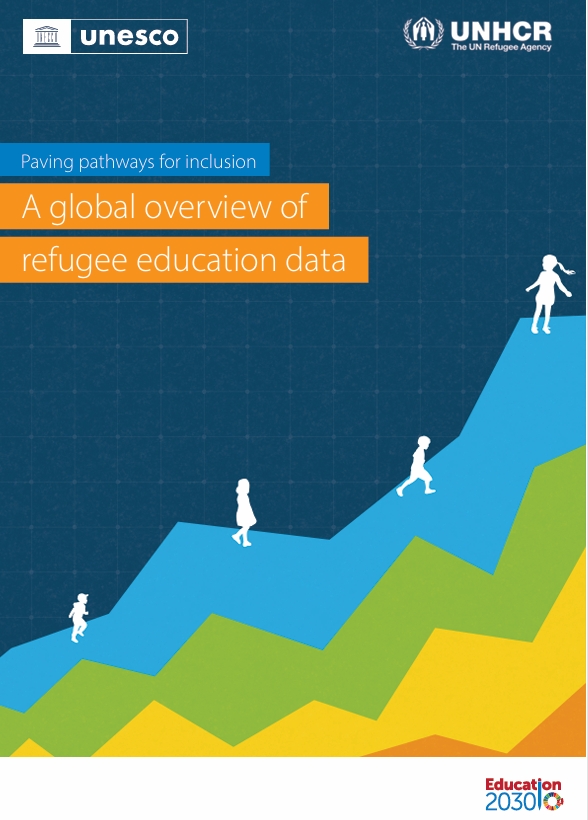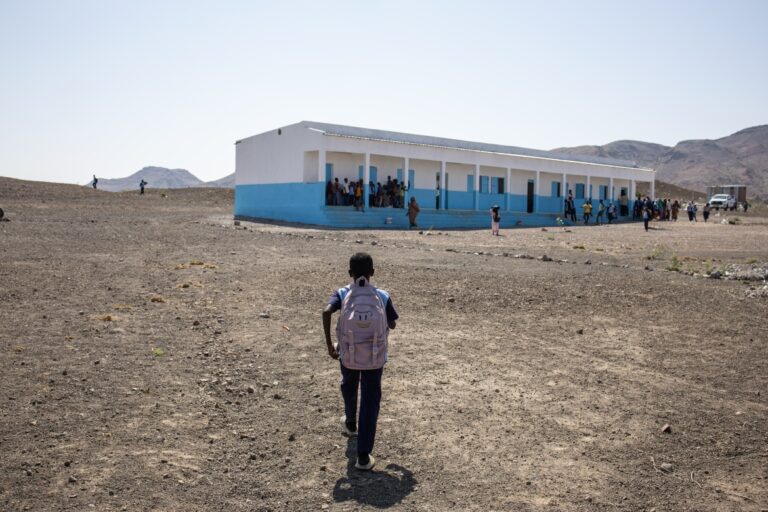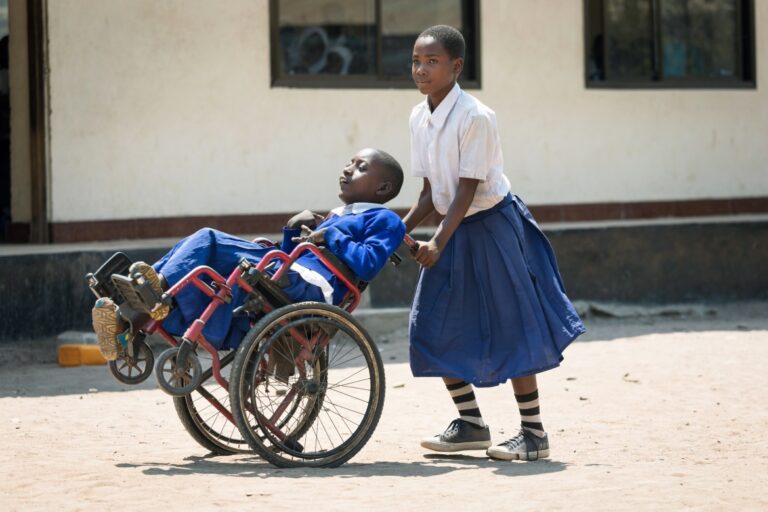This is a mixed-methods case study into the relationship between investment in educational equity and peacebuilding in Uganda, carried out as part of UNICEF’s Peacebuilding and Education Advocacy (PBEA) program. In the aftermath of a long-running conflict in the north of the country, the government has instituted policy reforms to equalize educational delivery for marginalized populations, and to promote peacebuilding. Our research seeks to determine, empirically, the nature of educational inequalities in Uganda, to outline the policy framework that supports educational equity and peacebuilding, and determine how effective these policies have been in achieving their stated objectives. Our quantitative study, using data on horizontal inequalities in education and educational inputs, is followed by qualitative fieldwork that was conducted between November and December of 2014 in ten northern districts of Uganda. We held interviews and focus group discussions with educational stakeholders including officials with the Ministry of Education and Sports (MoES), the Office of the Prime Minister (OPM), local education administrators and secondary school teachers, to solicit their perceptions on the effects of policies and the nature of educational inequality today.
Connect with us :






